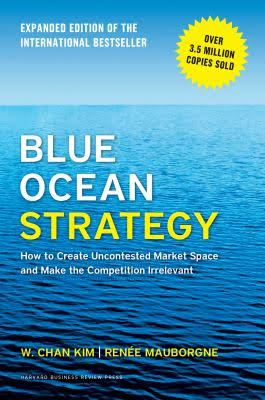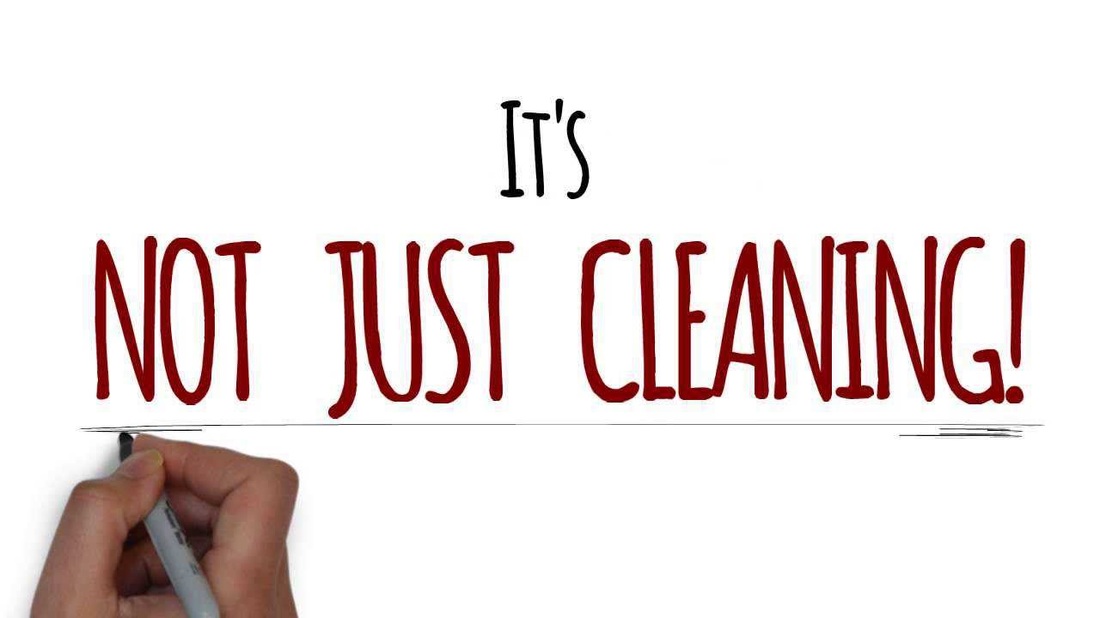I was seeking a new role and career advancement so I saw an advert for a direct report to a site director for a large stationary company. I won't name and shame but I will share my experience with you.
I had to complete a few rounds of interviews some mock appraisals and review meetings with people on site. I also had to complete a presentation with some information and data I had been given. I thought this very professional and if this is the business then am going to enjoy working here.I was successful and looked forward to starting my new challenge and also my first ever company car.
I had a weeks induction a good overview to the business and various departments, spent the day in tele sales. It was really refreshing to have a good induction and understanding of the business. I thought this is great.
I had a little niggle though I wanted to understand what was expected from working hours point of view. All I kept getting told "whatever it takes", I've never been shy of getting stuck in doing the hours in time of peak or when I felt that little extra was needed, so I understood "whatever it takes" to be just that.
Day one in my new role designate to site director I turn up in my suit and tie ready to lead the team and look to how I could improve the various department. I had travelled in my own car I asked what's the lead time for my company car to arrive as I am selling the one I have. I should have realised this was not going to go well when the Director was mortified that there was a company car with the role (it was one of my reason for taking the job), so reluctantly he had to order one.
Now as a leader I like to understand what the performance is current what's expected and any problems with services or errors that I could address. So that's just where I was going to start. I went to the office and was handed a little packet, being told you are going to need this. I opened it and it was a picking stamp (a numbered stamp to identify who had picked the customers order and was used to stamp the parcel on the order line), puzzled I asked why I would need a stamp. I was informed for when you are on the line picking "That's what we do here". I soon discovered all the leadership team were driving fork lift trucks, loading cases and picking orders. They were not leading looking for improvements they were merely over paid workers, boosting the site's performance as they weren't recorded in the calculations of performance.
So just imagine am stood there in my best suit picking items putting them in boxes and loading them on the conveyor belt, not just for a few minutes or when it was really busy but all day. I challenged this not because I am lazy but I could see where we could make improvements and Lead the teams to improve, that was met with deaf ears. I was frustrated and realised this was one of the biggest mistakes of my life to date.
There were two shift one that started around 08:00 an overlap shit that finished between 21:00 -22:00 each day. So I arrived at work at 09:00 and left at around 20:00 for the first few days as thought I need to see what's happening throughout the day (in between picking). Imagine the surprise when I was requested to the office to explain why I was not there to open the site and close the site each day. Now I realised what the "whatever it take meant" you'll be here as long as we are operating. To make matters worse another colleague said wait till we are in peak we are here 18 - 20 hrs a day.
I lasted just over a month there until I went into my line managers office to discuss what I wanted to do and what was expected. It ended with me putting my car keys on the desk and requesting a taxi home. All sorts of emotions went through my mind, I was relieved as it was sole destroying and nothing like I was expecting. I was also not looking forward to informing my partner "Am on my way home because I've basically told them to stick the job". That was not a very pleasant conversation.
I still have the picking stamp in my office and often look at it as a reminder, how not to lead a team and to always be 100% sure the company I plan to work for is the right one and not just a mirage of something great.
Duggystone










 RSS Feed
RSS Feed
